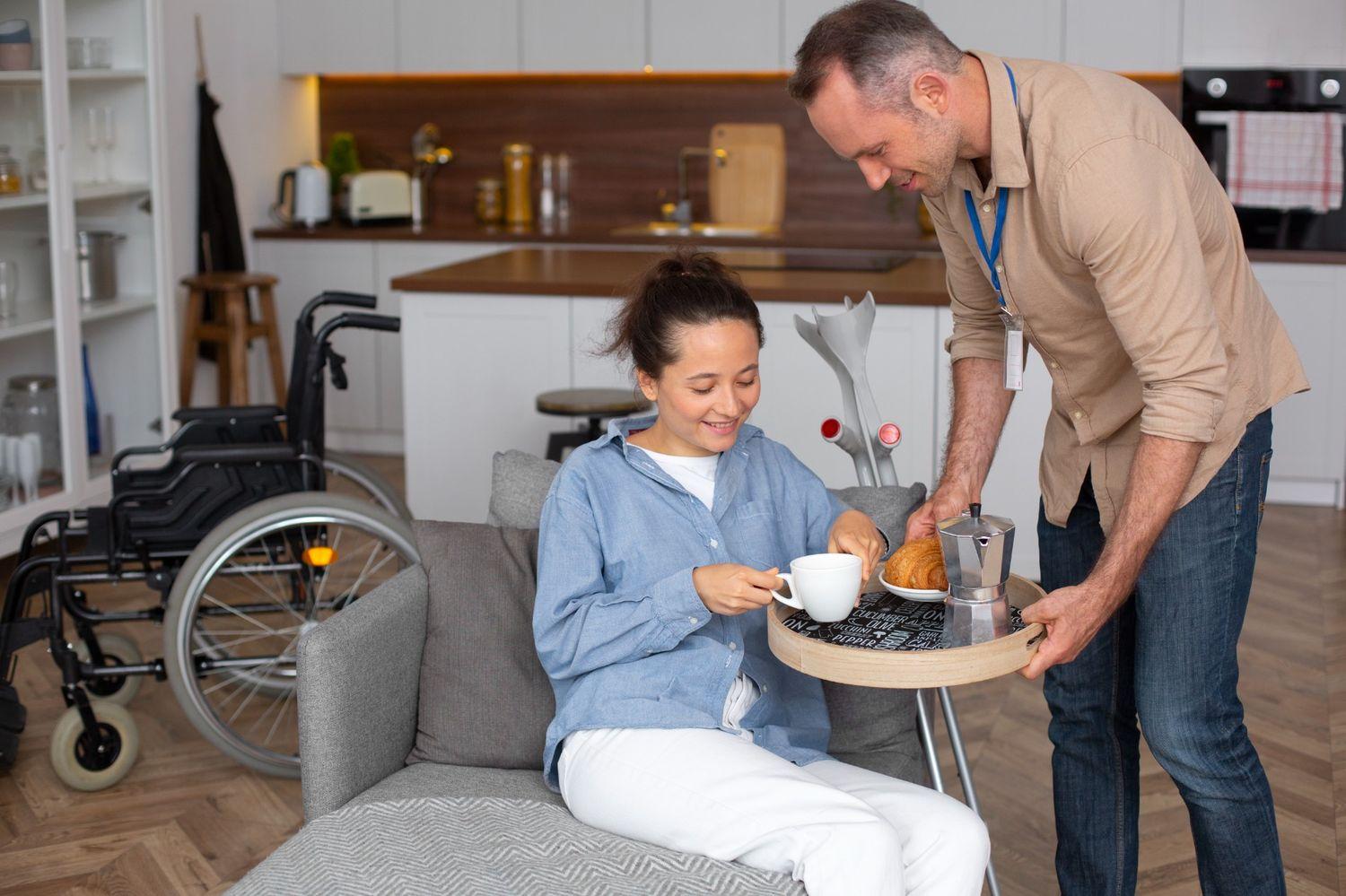When a patient is discharged from the hospital after surgery or illness, the transition back to home life can be overwhelming. This is where the importance of home nursing comes in. With the support of reliable home health services in Bangalore, patients can enjoy a smooth and safe recovery in the comfort of their own homes. These services bridge the gap between hospital care and full independence, providing vital medical and emotional support during a vulnerable time.
Understanding the Risks After Discharge
Many people assume that once a patient leaves the hospital, they’re out of danger. However, the first few days or weeks at home are critical. Patients may still be weak, in pain, or adjusting to new medications. Without proper care, they are at risk of complications such as infections, falls, or medication errors.
Home nursing plays a crucial role in minimizing these risks. Trained nurses and caregivers are equipped to provide ongoing medical care, monitor vital signs, and spot early warning signs that may require medical attention.
Personalized Medical Attention
One of the greatest advantages of home nursing is the personalized care that patients receive. In a hospital, nurses may be responsible for several patients at a time. But at home, care is focused entirely on one person. Nurses provide one-on-one attention, ensuring that all medical needs are addressed promptly and correctly.
This includes wound care, medication management, mobility support, and regular health checks. Each care plan is tailored to the specific needs of the patient, based on the doctor’s instructions and the patient’s condition.
Emotional Support and Comfort
Returning home after a hospital stay can be emotionally challenging, especially for elderly patients or those recovering from major surgery. They may feel anxious, confused, or unsure about how to take care of themselves. Home nurses don’t just offer medical support—they also provide emotional reassurance and companionship.
Their presence helps reduce feelings of loneliness or helplessness, which can have a direct impact on a patient’s emotional health and overall recovery. Being cared for at home, surrounded by familiar settings and loved ones, creates a sense of comfort that promotes healing.
Preventing Readmissions
Unplanned readmissions are a growing concern for hospitals and patients alike. Often, patients are readmitted due to missed medications, complications that go unnoticed, or poor wound care. Home nursing helps prevent these issues by ensuring that post-discharge instructions are followed correctly.
Nurses educate both the patient and their family about care routines, symptoms to watch for, and when to seek help. This proactive approach can significantly reduce the chances of returning to the hospital, saving time, money, and stress.
Medication Management and Safety
After surgery or treatment, patients are often prescribed multiple medications. It can be difficult to keep track of doses, timings, and possible side effects—especially for seniors or those recovering from anesthesia. Home nurses manage this aspect with precision.
They create medication schedules, administer drugs as needed, and monitor for any adverse reactions. This reduces the risk of overdosing, missed doses, or harmful interactions between medications.
Assistance with Daily Activities
Home nursing also includes help with daily living activities such as bathing, dressing, grooming, and eating. These tasks, though simple, can be difficult for patients in the early days of recovery. Trained caregivers ensure these activities are performed safely, without putting stress on healing wounds or causing fatigue.
Moreover, this assistance helps patients maintain dignity and independence while they regain their strength and confidence.
Rehabilitation and Mobility Support
Patients recovering from surgery may need physiotherapy or mobility training to get back to their regular routines. Home nurses and physiotherapists design exercise routines that are safe and effective for the patient's condition. They supervise these sessions and help patients move safely around the house, reducing the risk of falls and further injury.
Gradually, patients regain mobility, balance, and independence—key factors in a successful recovery.
Support for Family Members
Caring for a loved one after surgery can be emotionally and physically exhausting for family members, especially if they have other responsibilities. Home nursing eases this burden. Professional caregivers take over complex medical tasks, freeing up time and energy for family members to provide emotional support.
In addition, they educate the family on how to assist with basic tasks, giving them the confidence to contribute to the recovery process without fear of making mistakes.
Flexible and Cost-Effective Care
Home nursing services are not only convenient but also cost-effective. Instead of paying for extended hospital stays, patients receive personalized care at home, often at a lower cost. Services can be scheduled based on individual needs—ranging from a few hours a day to 24/7 care.
Patients avoid unnecessary hospital visits, transportation costs, and the discomfort of moving back and forth, which can delay recovery.
Final Thoughts
As the demand for home-based medical care continues to grow, it’s clear that professional nursing at home plays a vital role in enhancing safety after hospital discharge. It combines the best of both worlds—expert medical care and the comfort of home. For families seeking trusted and professional Post-Operative Care Services in Bangalore, home nursing offers the peace of mind that their loved one is recovering safely, comfortably, and with the right level of support.

